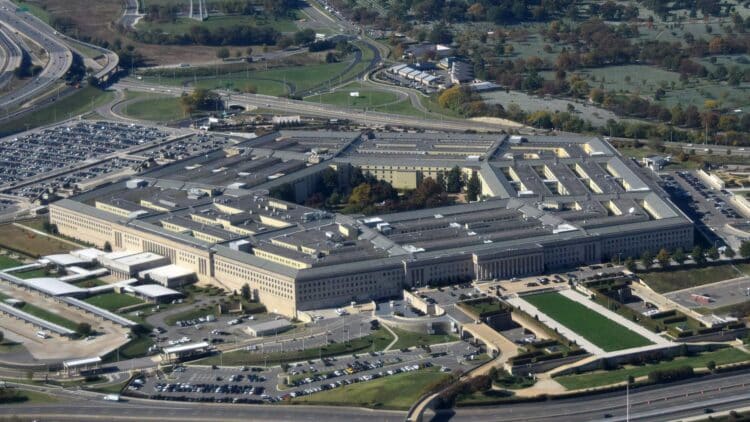By Stephen Nellis
SAN FRANCISCO, July 18 (Reuters)
The growth of digitisation and technology has been good, but bad at the same time. Now, something involving Microsoft and China has caused some sort of tension. This comes from a place where there is a need to be safe and secure and to protect sensitive data as much as possible. Defence Secretary Pete Hegseth has spoken strongly about the safety of the Pentagon and has halted partnerships in cybersecurity or anything related to that with China. While there was a good relationship with Microsoft in it, something just doesn’t look good, and a pause is needed for now.
Microsoft is planning on parting ways with China
Microsoft MSFT.O expressed that it will stop using China-based engineers to provide technical assistance to the U.S. military after a report in investigative journalism outlet ProPublica sparked questions from a U.S. senator and prompted Defence Secretary Pete Hegseth to order a two-week review of Pentagon cloud deals.
The report detailed Microsoft’s use of Chinese engineers to work on U.S. military cloud computing systems under the supervision of U.S. “digital escorts” hired through subcontractors who have security clearances but often lack the technical skills to assess whether the work of the Chinese engineers poses a cybersecurity threat.
China and Russia seem to have tampered with something illegal
Microsoft, a major contractor to the U.S. government, has had its systems breached by Chinese and Russian hackers. It told ProPublica it disclosed its practices to the U.S. government during an authorisation process. On Friday, Microsoft spokesperson Frank Shaw said on the social media website X that the company changed how it supports U.S. government customers
“In response to concerns raised earlier this week … to assure that no China-based engineering teams are providing technical assistance” for services used by the Pentagon.
Earlier on Friday, Senator Tom Cotton, an Arkansas Republican who chairs the chamber’s intelligence committee and also serves on its armed services committee, sent a letter to Defence Secretary Pete Hegseth about Microsoft’s reported practices. Cotton asked the U.S. military for a list of contractors that use Chinese personnel and more information on how U.S. “digital escorts” are trained to detect suspicious activity.
The USA has pressed the pause button for now
Because there are now trust issues between the nation in this regard, Hegseth had to press the pause button to get to the bottom of this issue. However, despite the result, whether they find the Russian hackers and China guilty or not, there is no more trust between the nations, and now it is worrisome, because what could they know about the Pentagon now?
The arrangement, which has been in place for almost ten years, relies on “digital escorts,” or U.S. nationals with security clearances, who supervise these Microsoft experts’ work on the Pentagon’s cloud platforms in China. These digital escorts don’t have the technological know-how to keep an eye on foreign engineers with more sophisticated abilities, according to ProPublica. Hegseth said in the video,
“I’m announcing that China will no longer have any involvement whatsoever in our cloud services, effective immediately. We will continue to monitor and counter all threats to our military infrastructure and online networks.”
“The U.S. government recognises that China’s cyber capabilities pose one of the most aggressive and dangerous threats to the United States, as evidenced by infiltration of our critical infrastructure, telecommunications networks, and supply chains,” Cotton wrote in the letter. The U.S. military “must guard against all potential threats within its supply chain, including those from subcontractors,” he wrote. In a video posted on X on Friday, Hegseth said he was initiating a two-week review to ensure China-based engineers were not working on any other cloud services contracts.

